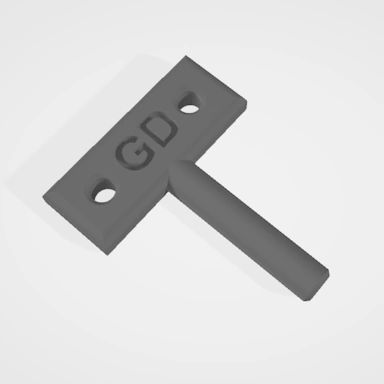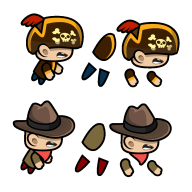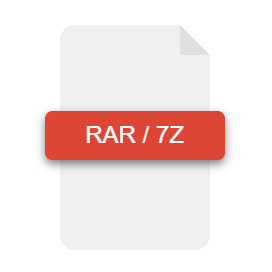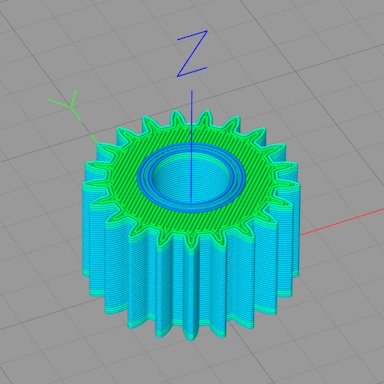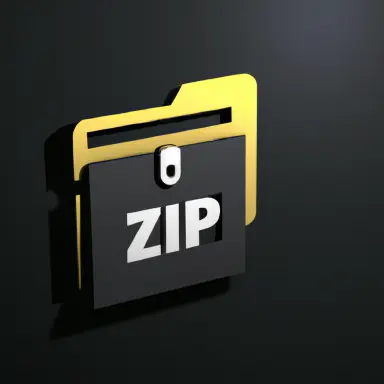| Extension | SLDPRT |
| Full Name | SolidWorks |
| Type | CAD |
| Mime Type | application/octet-stream |
| Format | Binary |
The SLDPRT file format is the native (and proprietary) 3D CAD (Computer Aided Design) format used by the SolidWorks application. SolidWorks is popular in the aerospace, automotive, and other manufacturing spaces where a highly accurate representation of 3D objects is necessary.
An SLDPRT file can contain 3D geometric data such as points, curves, faces, and other components that make up the 3D object. Along with the 3D design data, other manufacturing-related data is also stored within the SLDPRT file.
As the SLDPRT format is proprietary and designed for exclusive use with the SolidWorks application, there is limited third-party support for the format, preferring instead to support more open and standardized CAD formats such as STEP.
The STL, or Standard Triangle Language, file format has been around since the '80s and is supported by most modern 3D modeling applications. In particular, the STL format has become something of a standard format within the area of 3D printing, despite the rise of more modern formats such as 3MF.
STL files come in two flavors: binary or text format. The text format is human-readable, making it easy to perform manual edits, but can lead to very large file sizes. As you can imagine, the binary format is much more compact and represents the majority of the STL files you are likely to encounter.
The format itself is very simple; the 3D model is represented by a sequential list of triangles, with each triangle defined with 3 points consisting of their X, Y, and Z positions, along with an additional vector that contains the face normal (the direction the face is pointing). There is an additional attribute block for each triangle; however, this is largely unused and thus unsupported.




